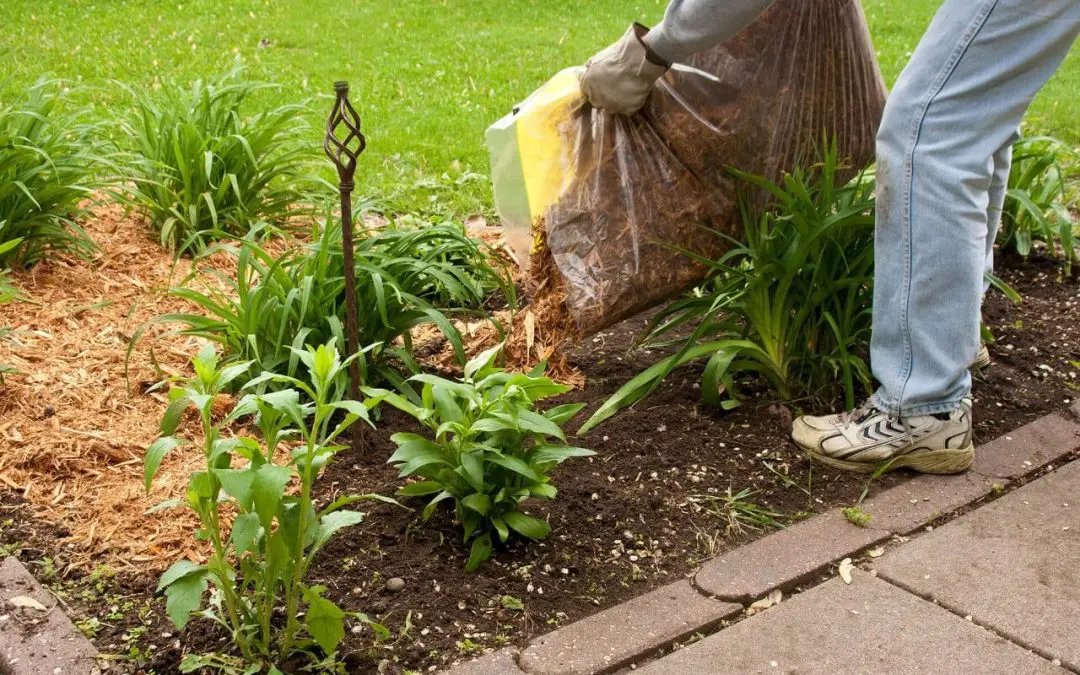Understanding Your Garden’s Needs
The first step to helping your garden thrive in summer is understanding its specific needs. Different plants have different requirements, and knowing what each plant needs in terms of water, sunlight, and nutrients is crucial. Research your plants’ specific needs and adjust your care routine accordingly.
Watering Wisely
Watering is one of the most critical aspects of summer gardening. The key is to water deeply and less frequently, encouraging plants to develop deep root systems that can access moisture even when the surface soil is dry. Water early in the morning or late in the evening to minimize evaporation and allow plants to absorb water more efficiently.
Investing in a drip irrigation system can be a game-changer. These systems deliver water directly to the plant roots, reducing waste and giving your plants the moisture they need. Mulching is another excellent technique to retain soil moisture. A layer of organic mulch, such as straw or wood chips, helps keep the soil cool and reduces evaporation.
Providing Adequate Shade to Help Your Garden Survive Summer
Some plants, especially those not native to hot climates, struggle with the intense summer sun. Providing shade will help mitigate this issue. Use shade cloths or plant taller plants strategically to create natural shade. Use structures like pergolas or trellises to provide cover for more delicate plants.
Help Your Garden Survive Summer By Feeding Your Plants
Nutrient depletion is common in summer due to increased plant growth and more frequent watering. Regular feeding with a balanced fertilizer will help keep your plants healthy and productive. Organic options like compost and manure are excellent choices as they provide a slow release of nutrients and improve soil health over time.
Pest and Disease Management
Summer brings an influx of pests and diseases that could harm your garden. Regularly inspect your plants for signs of trouble, such as yellowing leaves, holes in foliage, or the presence of insects. Handpick pests when possible and use organic pest control methods to minimize chemical use. Encourage beneficial insects, like ladybugs and predatory beetles, to help control pest populations.
Diseases spread rapidly in warm, humid conditions. Allow for air circulation around your plants by spacing them adequately and pruning them as needed. Avoid overhead watering, which promotes fungal growth, and opt for ground-level watering instead.
Managing Weeds
Weeds compete with your garden plants for water and nutrients, making it harder for them to thrive. Regular weeding is essential during the summer months. Mulching helps suppress weed growth by blocking sunlight from reaching the soil. For a more thorough approach, consider using landscape fabric under the mulch to provide an extra barrier against weeds.
Preparing for Heatwaves
High heat is particularly challenging for gardens. During heatwaves, it’s essential to take extra precautions to protect your plants. Water deeply in the early morning and provide temporary shade for the most vulnerable plants. Avoid fertilizing during extreme heat, as this causes further stress to plants. Keep an eye on weather forecasts and be prepared to adjust your care routine as needed.
Help Your Garden Survive Summer FAQs
How often should I water my garden during the summer?
Water deeply and less frequently, typically once or twice a week, depending on the plant’s needs and the weather conditions. Always water early in the morning or late in the evening.
What type of mulch is best for retaining soil moisture?
Organic mulches like straw, wood chips, or compost are excellent for retaining soil moisture and providing nutrients as they decompose.
How can I protect my plants from extreme heat?
Provide shade using shade cloths, taller plants, or structures like pergolas.
How can I prevent weeds from taking over my garden?
Regular weeding, mulching, and using landscape fabric under mulch help prevent weeds from becoming a problem in your garden.
Second Opinion Home Inspections provides inspections for homebuyers and sellers in Door and Kewaunee counties. Contact us to schedule our services.

